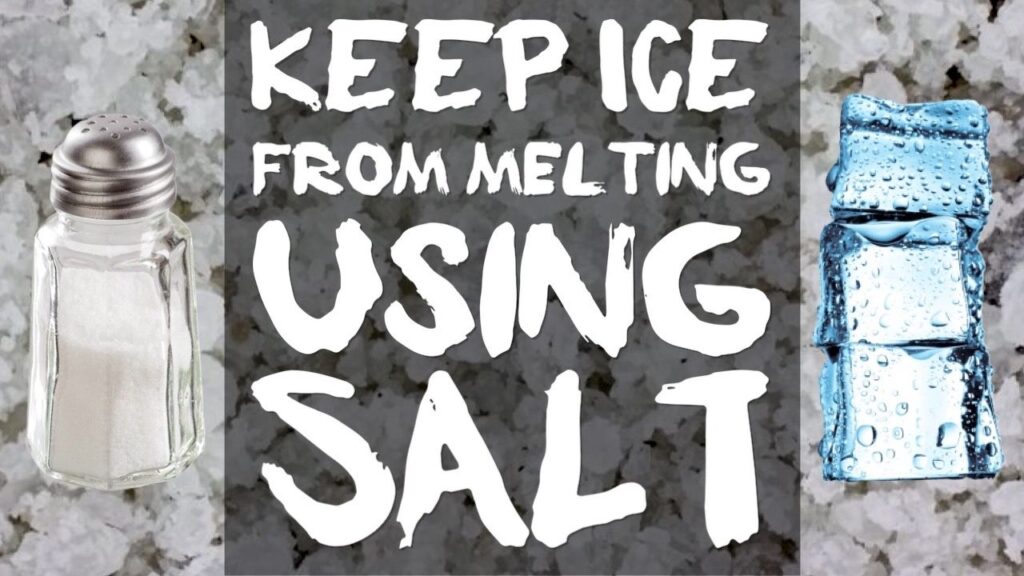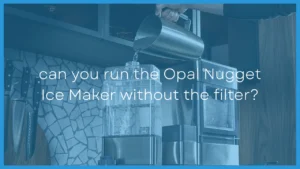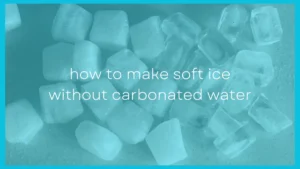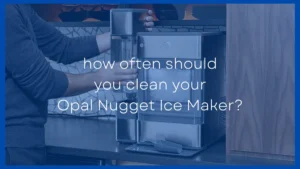Many people know that salt can be used to lower the temperature of ice, making your coolers colder, but how do you keep ice from melting by using salt? Hint: It's NOT by adding salt directly onto your ice.
If you directly add salt onto your ice it will make the majority of your ice melt faster, it won't actually stop the ice melting. Freezing salt water also doesn't make the ice freeze colder as some websites suggest and will lead to the ice melting faster than regular ice.
To keep ice from melting using salt you should fill up water bottles or other containers with saltwater and freeze them. The saltwater ice will melt before the regular ice and as it does it will make the regular ice colder and thus stop it from melting.
Salt actually makes ice melt at a lower temperature than the normal 32°F (0°C) and during the melting process it lowers the temperature of the ice.
Adding Salt To Ice Makes That Ice Melt Faster, Not Slower
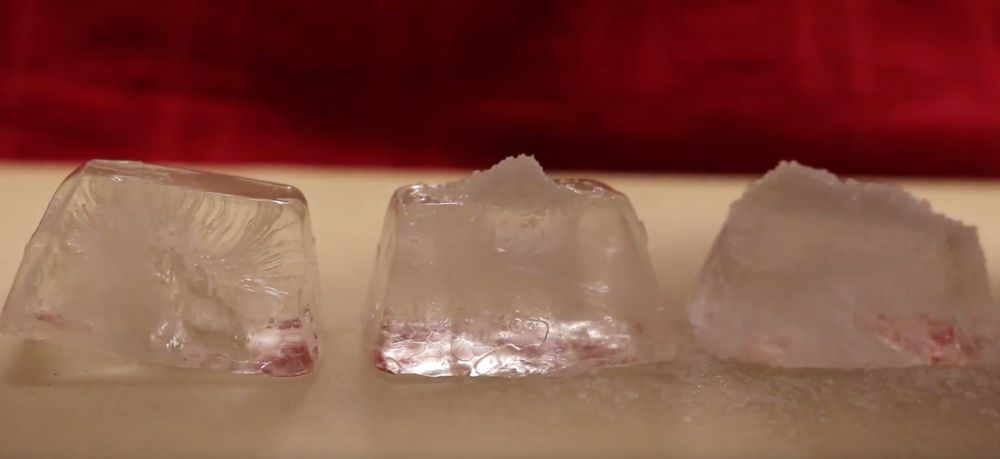
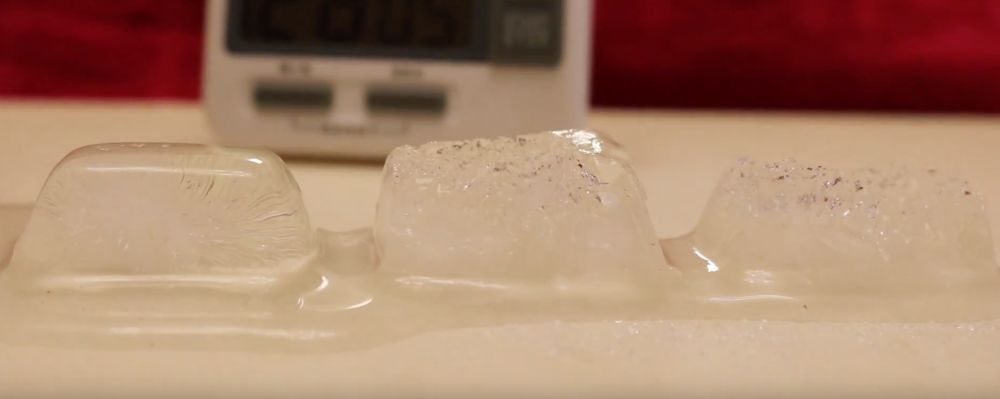
By adding salt to water or to ice you change the chemical composition of the water. Salt water has a lower freezing temperature than regular water.
Regular water freezes at 32°F (0°C) while salt water freezes around 28.4°F (-2°C).
This also means that frozen salt water will melt BEFORE frozen regular water.
It's like how vodka and other strong alcohols stay liquid and don't turn to ice in the freezer. They have a lower freezing point than water.
The same is true for saltwater. It has a lower freezing point than regular water.
How To Keep Ice From Melting Using Ice
Something a lot of people don't know is that when ice melts it actually becomes colder.
This is because energy is required to break the bond and turn water from a solid into a liquid. This temporarily makes the melted water colder than solid ice until it eventually warms up.
With saltwater you can use this lowering in temperature to help you keep regular ice frozen longer.
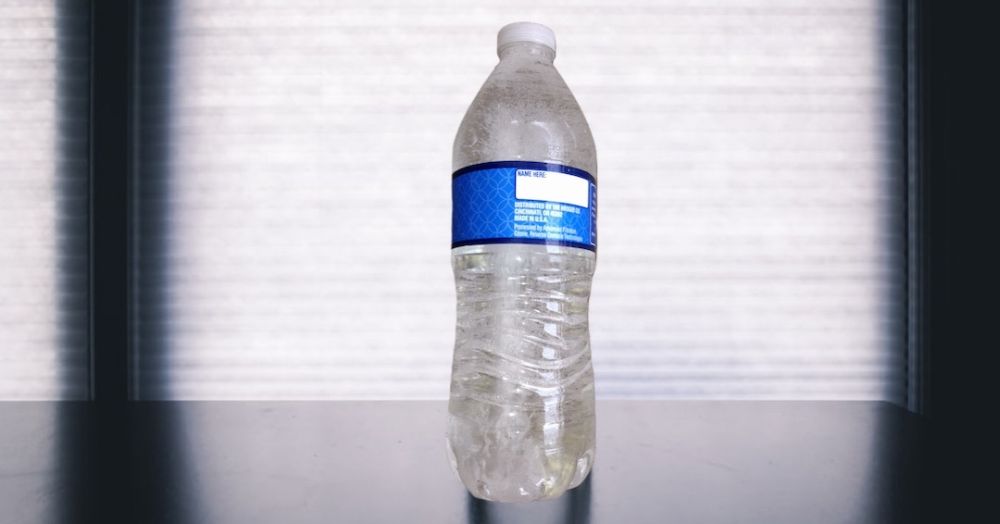
If you have a cooler filled with ice and you put in bottles/containers of frozen saltwater you can keep the ice frozen for longer.
What happens is the saltwater ice will melt first (at around 28°F). As it melts it needs to draw energy from the regular water ice in order to break the bonds and turn into a liquid.
As it does this it lowers the temperature of the regular ice and thus the regular ice will stay frozen for longer than it otherwise would have.
In effect you are sacrificing the saltwater ice and letting it melt first in order to make the regular ice last longer.
You can make your own saltwater bottles and freeze them or you can just buy ice packs as these are designed to melt earlier than ice and stop ice from melting. Below are some of my most recommend ice packs:
1. Engel Cooler Pak
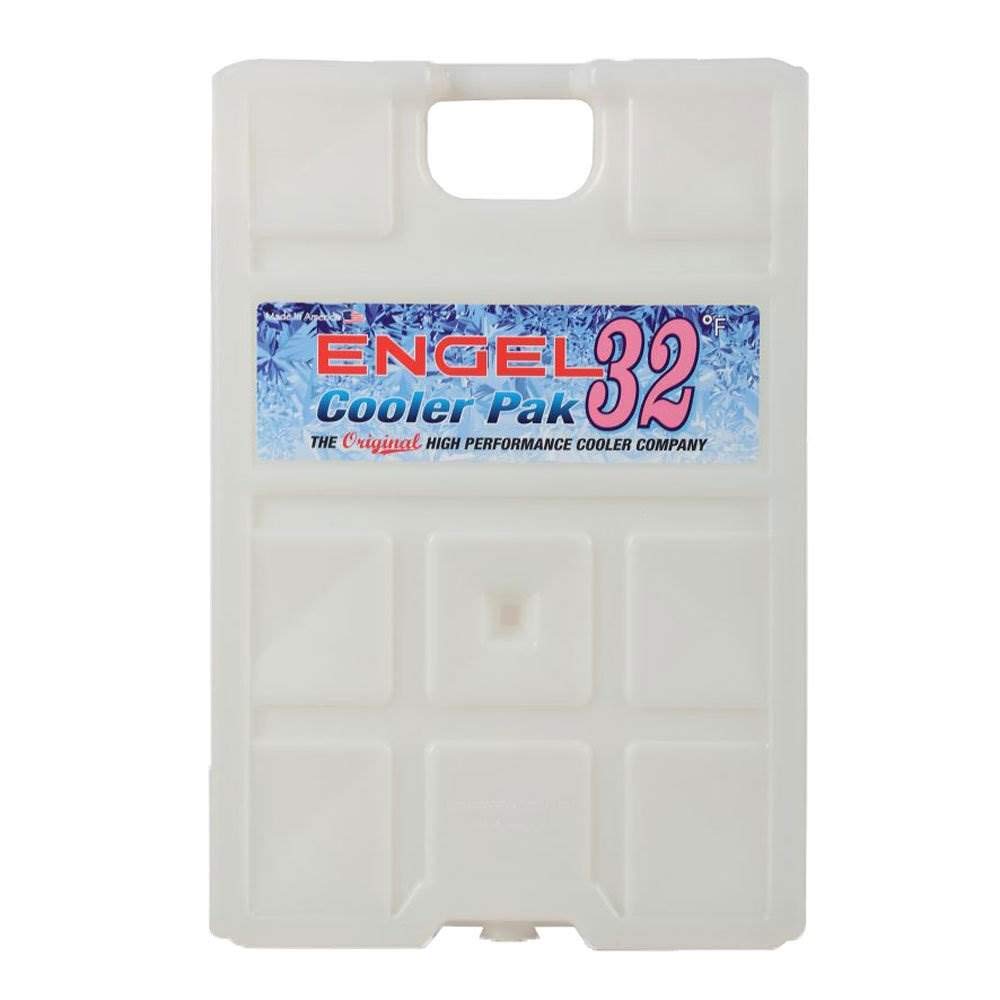
In one of the only documented ice brick tests the Engel Cooler Pak 20’s came out on top as the best performing ice packs keeping coolers cold for longer than other ice packs like the Yeti Ice.
This may be due to the fact that they melt at 20 F so maybe they start out colder than ice packs that melt at a higher temperature.
These are decently priced and aren’t too expensive. Would be a great addition to have to a larger cooler or could be used by themselves in smaller coolers to keep things cold for days.
Engel Cooler Pak 2 lbs:
2. Cooler Shock Hard Packs
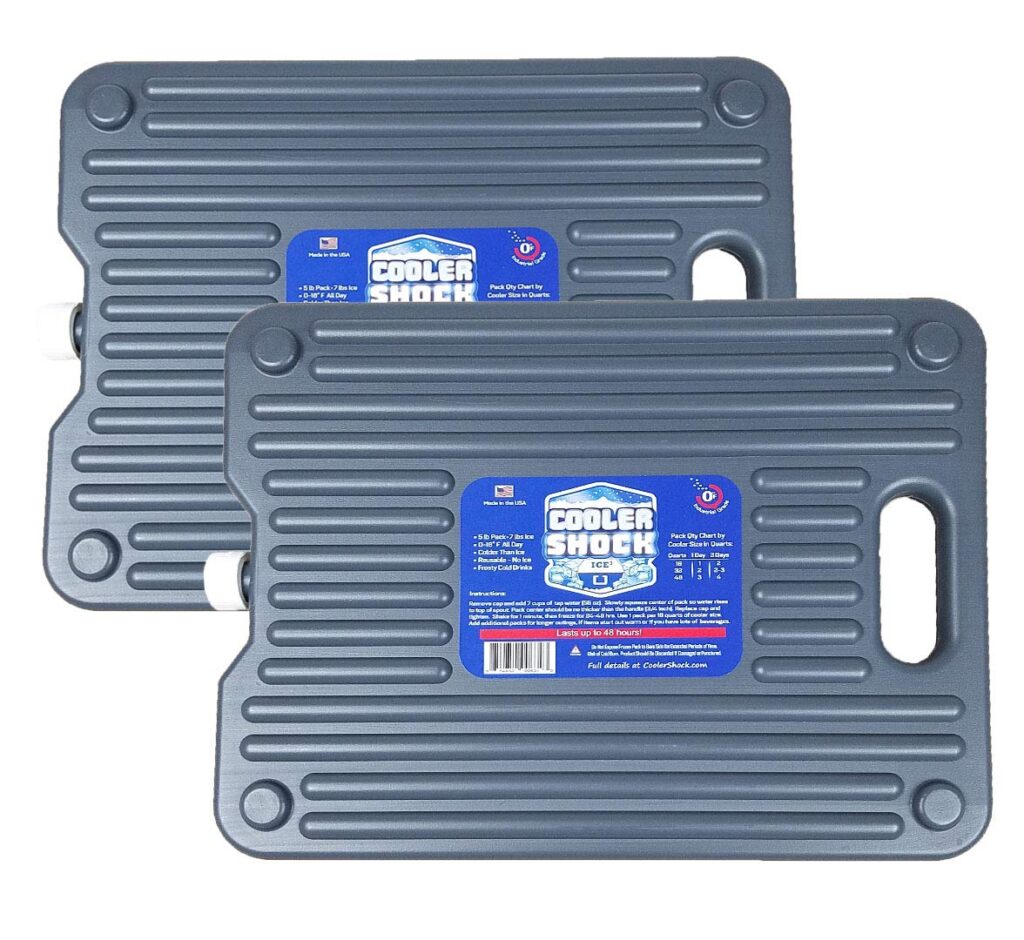
I haven’t seen any tests of how long Cooler Shock Hard Packs stay cold for when compared to other ice packs, however the customers reviews for these ice packs are overwhelmingly positive.
They are quite cheap to buy and they come with the powder formula inside. You just add water and mix it up and then shut the lid on tight and you have a reusable ice pack ready to go.
They are made from rugged HDPE which is the same material used to make the Yeti Ice and they are BPA free and toxic free.
I’ve honestly never seen people so excited to review an ice pack, which leads me to believe these much work really really well.
The shape of them is quite large so they won’t fit smaller lunch boxes or lunch bags, but they are great for larger coolers.
Cooler Shock Hard Packs x2:
3. Yeti Ice
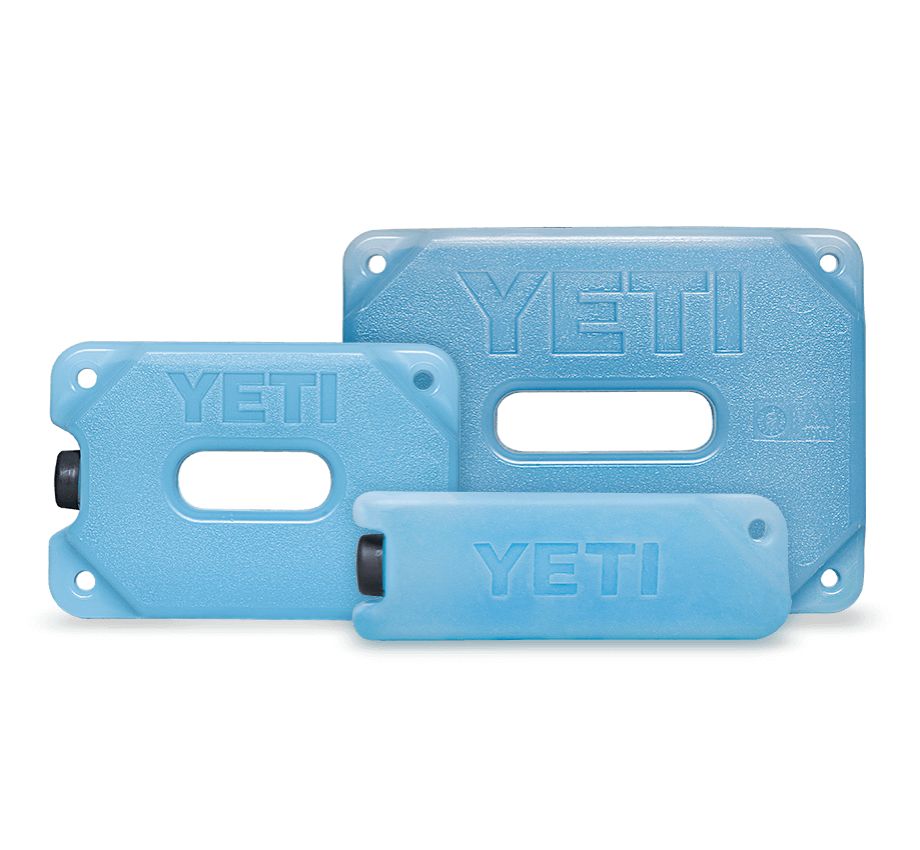
Yeti Ice are rugged and well designed ice bricks that fit perfectly into most Yeti products.
They are made tough so you can bump them around, drop them and even throw them and they’re not going to break.
By themselves they do a good job but they aren’t the best performing ice bricks on the market. But when combined with ice they seem to perform quite well, helping the ice stay colder longer.
Their unique design with the center cut out allows them to freeze fast and also makes them really easy to grab and put in and out of your cooler.
They come with a 5-year warranty whereas something like the Cooler Shock only comes with a 1-year warranty.
They aren’t the cheapest ice pack on the market, but they are high quality and will last you a lifetime without you having to worry about them breaking. So they offer value for money because you only ever have to buy them once.
Yeti Ice 1 lbs:
Yeti Ice 2 lbs:
Yeti Ice 4 lbs:
Why Can't You Just Add Salt To Ice To Make It Last Longer
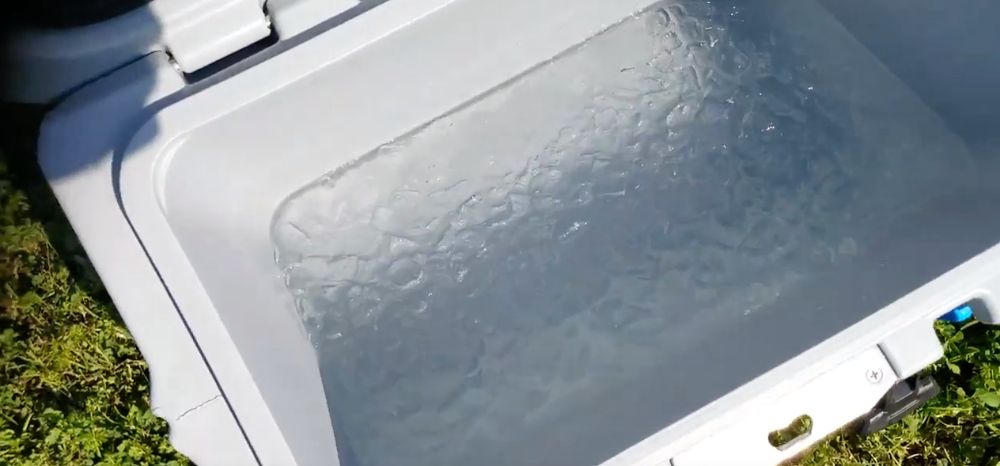
Let's say you have a cooler full of loose ice and you throw some salt on the top of the ice.
That salt will mix with the water and the water will melt earlier than it otherwise would have. This temporarily lowers the temperature of the cooler but now you have regular ice sitting in salt water.
The regular ice also mixes with the salt in the water and will freeze at a lower temperature.
All-in-all this will lead to all your ice melting faster than it otherwise would have.
You'll have a colder cooler in the short term, but it will warm up faster over the long term.
Does Salt Water Freeze Colder Than Regular Water?
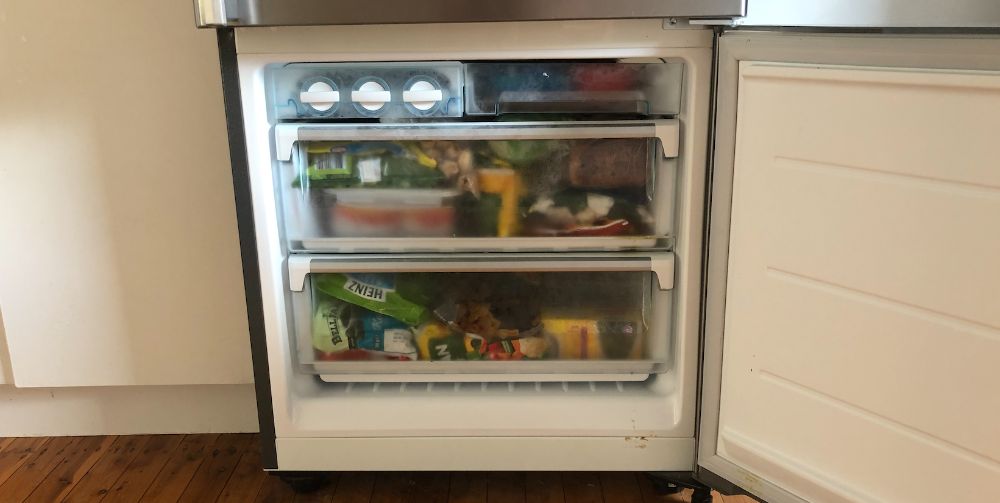
There is a myth out there that if you add salt to water and put it in your freezer then it will freeze to a colder starting temperature than regular water.
This is not true.
A normal freezer has a temperature of 0° F (-18° C).
If you put regular water in the freezer it will turn to ice at 32° F (0° C) but will then proceed to become colder all the way down to 0° F (-18° C).
If you put saltwater in the freezer it won't turn to solid ice until 28.4° F (-2° C), which is a little bit later than regular ice. But again it will continue to become colder all the way down to 0° F (-18° C) or the temperature of the freezer.
Saltwater does NOT freeze colder than regular water if they are put in the same freezer. Saltwater simply melts earlier than regular water.

